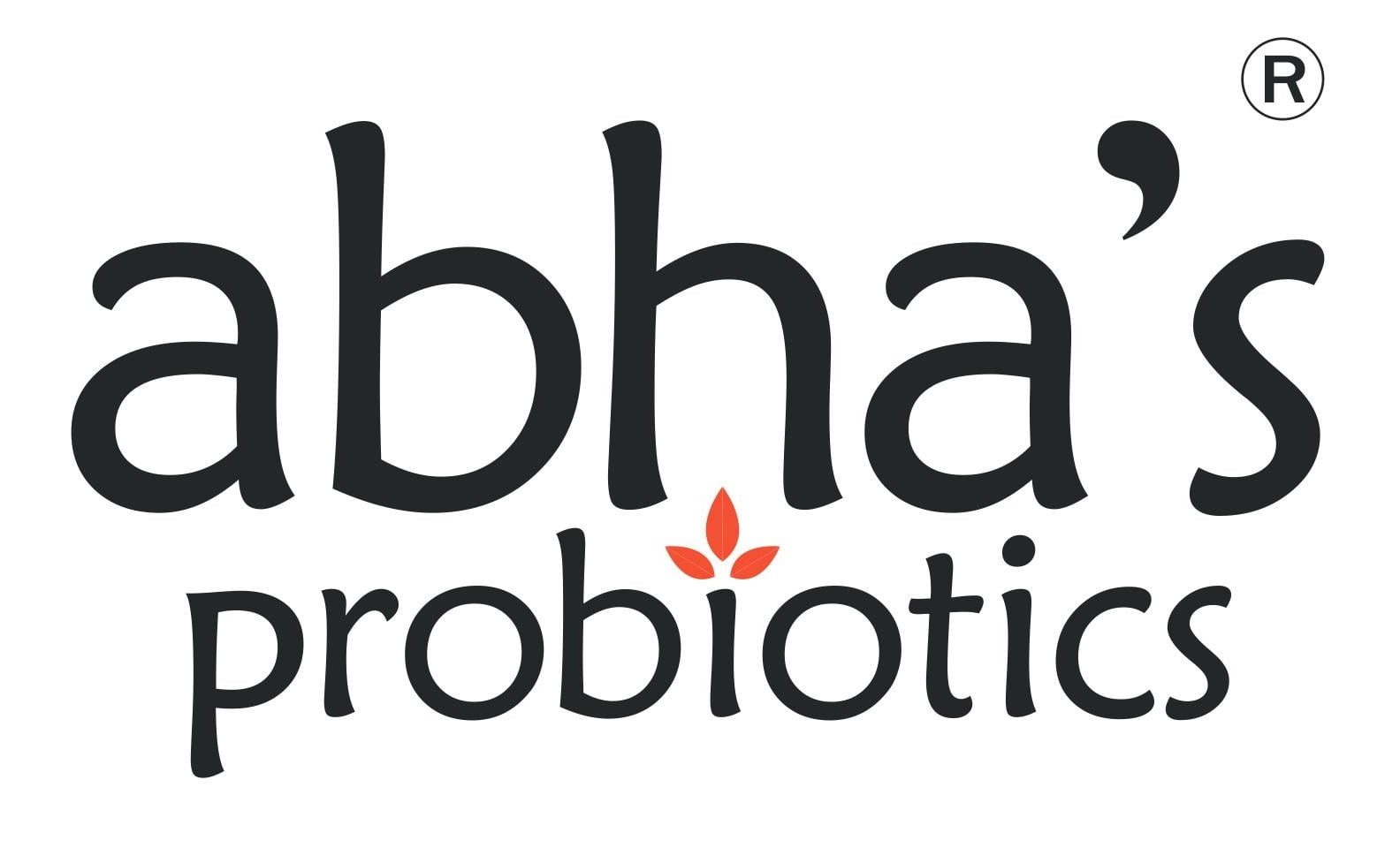Does your child need probiotics?
Does your child need probiotics?
With so much hype around probiotics these days, many parents wonder: “Does my child need to have probiotics?

To know the answer, ask yourself the following questions:
Has my child:
- Been born through Cesaerean section?
- Been bottle fed as a baby?
- Got a tendency to catch infections?
- Been treated with antibiotics recently?
- Got food allergies?
- Got dental problems?
Milk Kefir: Best Probiotic for children
Kefir is a fermented milk drink that has a history of over 2000 years. It can be prepared from cow’s, sheeps, goat’s or any other mammal milk. Kefir is made from a specific starter culture popularly known as “Kefir grains”. These are not grains in the true sense of the word, but a symbiotic combination of bacteria and yeasts (S.C.O.B.Y.), that show up as small, gelatinous masses, somewhat like miniature cauliflower florets. The milk is inoculated with the kefir grains and after about 24 hours they are removed, leaving behind a fermented, sometimes bubbly, tart drink that is kefir. The kefir grains are reused again and again, and as they feed on the lactose in the milk, they grow and multiply.
Because of its tremendous health benefits, Kefir has become a desirable food to include in the diet in any part of the globe. In Ukraine and Russia it is traditionally given even to very young babies, because it is so easily digestible and so nutritious and helps to build their immune system, especially those babies, who for some reason have not been breast fed by their mothers.
Benefits of Kefir:
Kefir is a powerful probiotic unlike any other. It contains a large number and variety of different microorganisms, making it a much more potent source of probiotics than other fermented dairy products like yogurt.
- A potent probiotic food
Comparable to a drinkable yogurt, Kefir has far more strains of beneficial microbes than yogurt; Whereas yogurt or curd (dahi) have just one or two strains of lactic acid bacteria, Kefir has generally between 30 to 50 (sometimes more) different strains of bacteria and beneficial yeasts! Moreover, the microbes in Kefir are resistant to gastric acid, and so find their way alive into the small and large intestines, where they are needed to do their beneficial work of setting up colonies, helping with digestion, cleaning and maintaining the intestinal wall (to prevent undigested food particles from escaping into the blood stream and creating auto immune reactions and food allergies), fighting the ‘bad’ bacteria and so protecting against infections and carrying out toxins from the body.
- Helps with digestive problems:
Probiotics like Kefir help in restoring the balance of friendly bacteria in the gut that is damaged by excessive use of antibiotics and bad food habits. They alleviate many digestive problems like diarrhea, bloating and gas. They help to improve various digestive diseases like Irritable Bowel Syndrome (IBS), ulcers caused by H. Pylori infection and many other conditions.
- Builds strong bones and teeth
Kefir is a rich source of calcium, protein and B-vitamins and a wide variety of bioactive compounds such as organic acids and peptides that are very beneficial to healthy growth. In addition to calcium, vitamin D3 and magnesium, Kefir made from whole milk also contains vitamin K2, which aids in the absorption of calcium in bone cells, which is very essential for growing children, as well as it works to strengthen teeth and prevent tooth decay.
- Helps resist infections
Certain microorganisms in Kefir make it a very potent antibacterial food. The probiotic Lactobacillus Kefiri is unique to Kefir and has been demonstrated to inhibit the growth of harmful bacteria such as Salmonella, E.coli and Helicobacter Pylori. Kefir contains another antibacterial substance called Kefiran, which is a kind of carbohydrate found only in Kefir.Children who have kefir in their diet regularly tend to build stronger immune systems and fall sick less often.
A versatile food
Kefir has a taste that some people love, but others don’t care for much. And taste is something very important when it comes to getting children to eat anything healthy! If your child likes the taste, that’s great news! But if not, there is a lot you can do to make it palatable, so that they will eat it. Mix it with raw honey and use it as a dressing for a fruit salad. Blend with banana, guava or figs – all high in soluble fibre (prebiotics) that feeds the probiotic microbes – to make a delicious smoothie. Or strain through muslin to drain the whey and mix with natural salt and herbs to make a delicious dip for vegetables like carrots, cucumber, radish and peppers cut into sticks or cubes. A healthy snack that also contains prebiotics that will feed the probiotics in their gut and keep them thriving! You can even add salt, water and spices to make a refreshing buttermilk to cool them down when they come in hot and sweaty from play. And remember to get them in the habit to drink plenty of water, so that their livers and kidneys can flush out all the toxins that the microbes have collected on their way!
A healthy family is a happy family!
The benefits of Kefir can be enjoyed by all ages of people, from babies 6 months old to grandparents in their late years. People young and old, who fall sick rarely, have higher levels of energy and have stronger bodies tend to enjoy life more, and be more cheerful, more creative and more productive. There is no reason to live a lesser life, is there?
